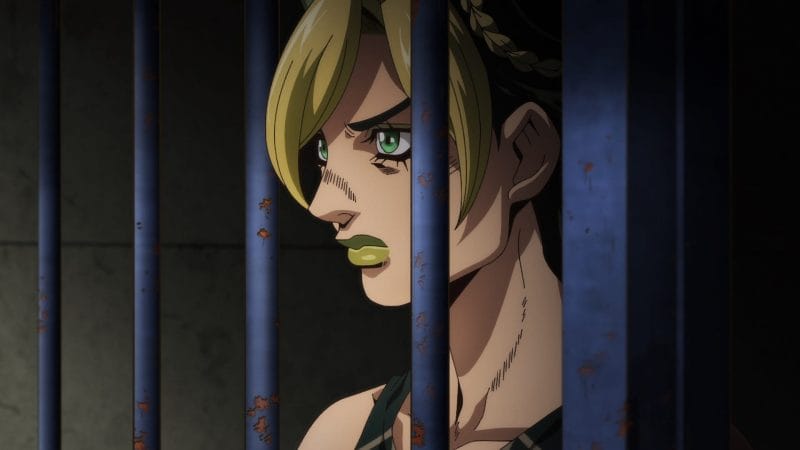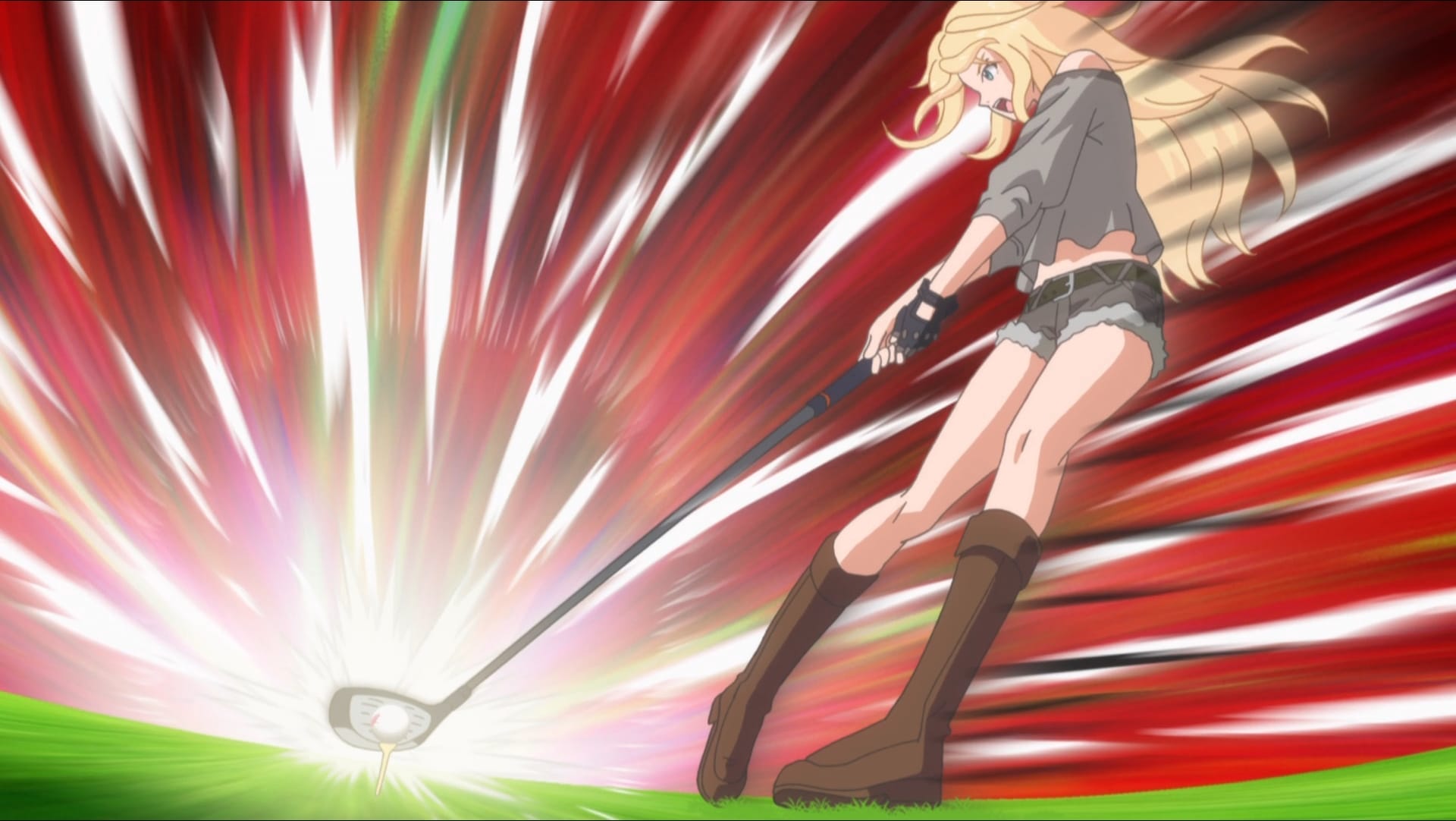
At every point in a business’s existence, there comes a point in which a gaffe occurs. Companies are staffed by average people, and mistakes are bound to happen. Whether it’s a small goof, like a batch of DVDs not getting the right slip-cover or a major problem that could affect thousands, a mistake presents a major opportunity to help or harm the company’s standing.
Before I go further, I’d like to state a pair of real-life scenarios:
The Summer Wars Slip:
On February 15, FUNimation shipped copies of Summer Wars to retailers. Unfortunately, due to unforeseen demand for the product, a large number of titles were accidentally shipped without the outer slip-case. Within days of their identifying the mistake, FUNimation put out announcements on Twitter, Facebook, their website, and their blog stating that they were aware of the issue, and issued an apology. They offered a free slip-cover to those who filled out a form on their site. On March 25, the covers shipped to customers, along with a bunch of promotional goodies, like art cards for the film, and a Nerv stickers.
ADV’s Farscape Far Cry
In 2004, ADV Films was still actively releasing the Farscape live-action series. A large number of copies of the tenth disc of Farscape: The Complete Season One featured major defects. In particular, the video on the disc’s second episode and the extras were garbled to the point of being unwatchable. ADV Films acknowledged a problem with the discs, but refused to quickly replace them. The minimum time for the average customer to wait was eight weeks, though higher-profile individuals did receive replacements more quickly.
From just these two stories, which company would you rather buy from?
In the case of FUNimation, the company was quick to respond to their own mistake. They didn’t hide comments from users, but instead welcomed and responded to them, as they quickly made things right. FUNimation admitted that they were wrong, and they did everything in their power to show that they were committed to making their customers happy. The company gave people their replacement items, and even threw in a few tchotchkes to help smooth the situation over, which led to a groundswell of support for the company as a whole.
ADV’s lack of response, on the other hand, could be seen as a poster-child for how not to handle fallout from a business disaster. The company’s slow reaction time and unwillingness to correct a mistake that they admitted to making was perceived as callous, and out of touch with the consumer.
In the increasingly connected world, it’s important for a business to act quickly to crises both big and small. Taking the proper steps to right mistakes, be it a simple apology for a late product or a full-on replacement drive for a bad shipment, can go a long way toward creating product advocates from irate naysayers. The small phrase of “we’re sorry” should not be seen as an admission of guilt, but instead as an acknowledgement that something had gone wrong. People will empathize with those they perceive as human, and they will often accept an apology as a first step in smoothing out rough patches.
More serious issues, like ADV’s case, require more than a simple apology. However, their cold shoulder toward customers created a large amount of justified animosity that could have been mitigated. Had ADV been more active in replacing these defects, and spoken more openly with their customers, they could have potentially turned this opportunity into a massive gain. They could have turned these irate customers into staunch advocates by giving peace of mind that they would be properly taken care of, in the case that they found themselves in a similar situation going forward.
Companies are staffed by people, and people make mistakes. Acknowledging faults and trying to make things better will show that, like people, these companies we buy from are willing to learn from their mistakes and grow stronger because of it. As our interactions with these entities grow increasingly intimate, there is little doubt that a genuine drive to improve and to please will become vital in organizations going forward.











